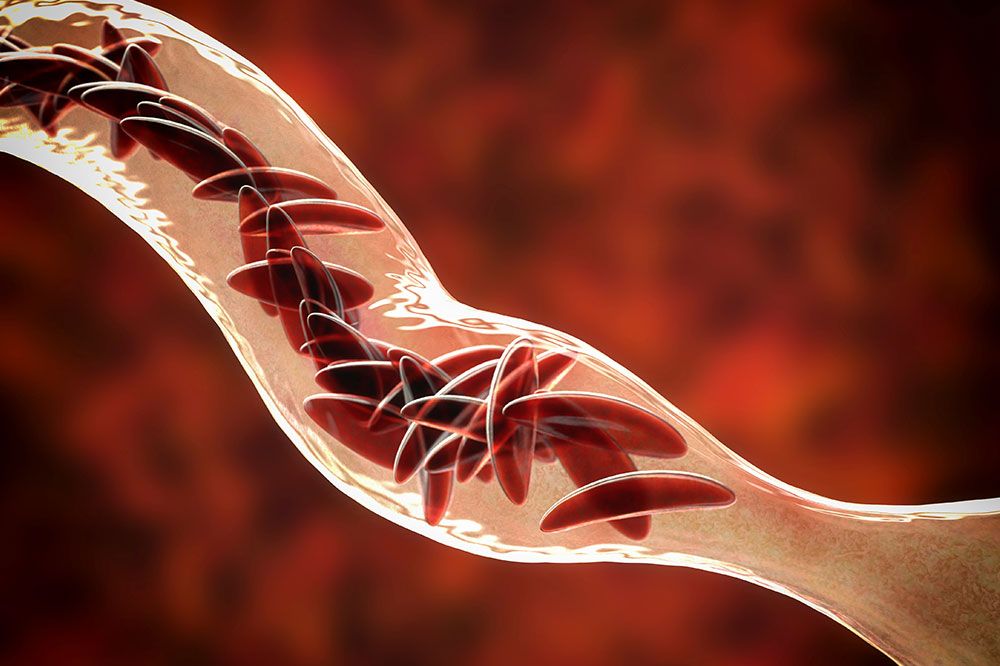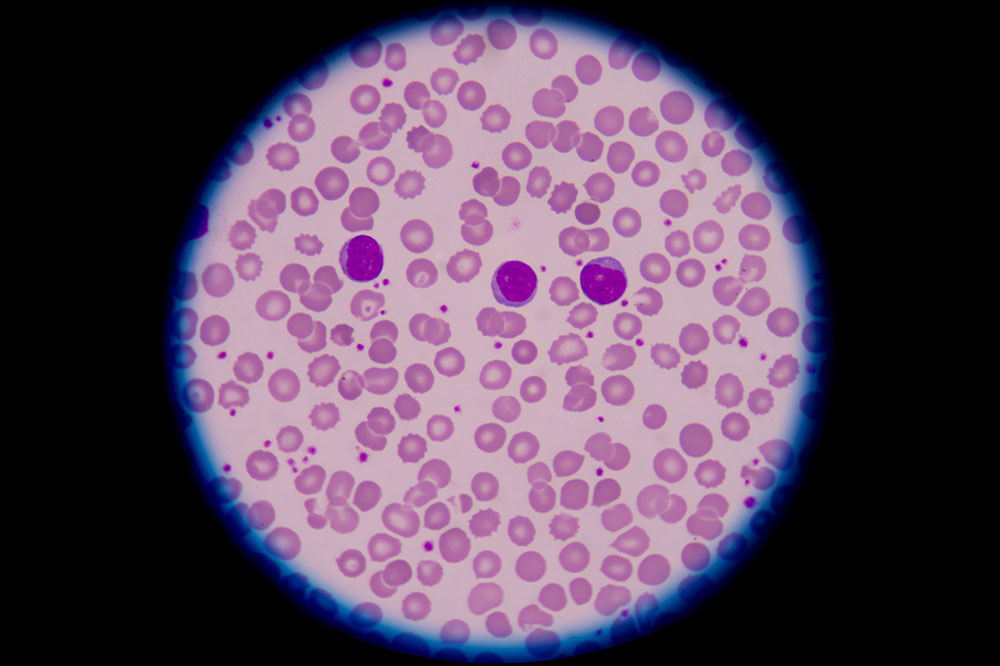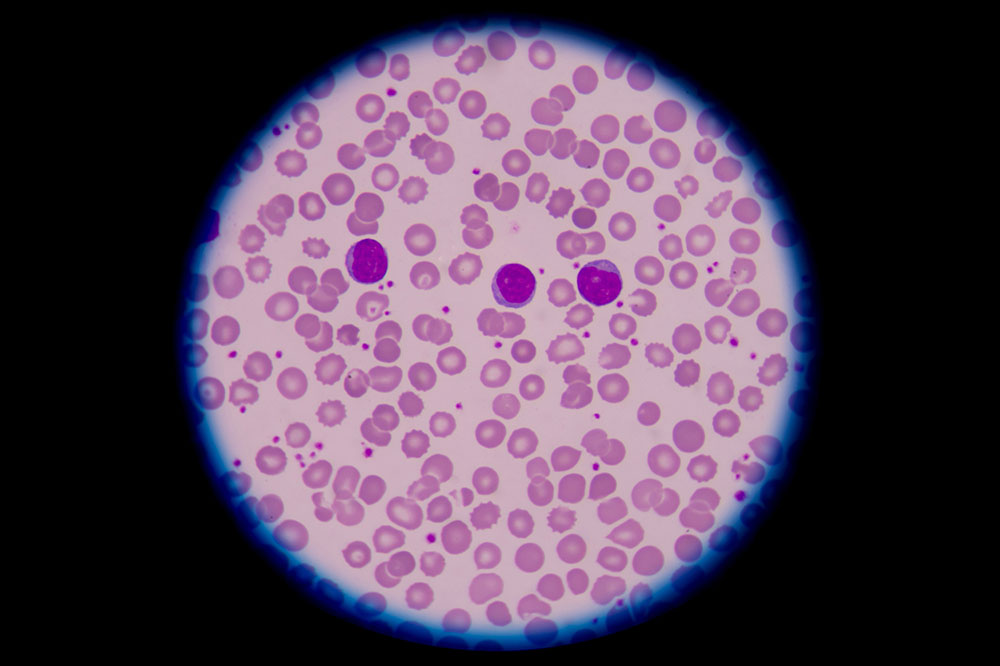Comprehensive Overview of Blood Disorders and Their Treatments
Learn about common blood disorders such as anemia, hemophilia, leukemia, and polycythemia vera, along with their treatment options. Hematologists diagnose these conditions through tests like blood analysis and bone marrow biopsies, offering personalized care to manage and treat these illnesses effectively.

Blood conditions affect both its liquid and solid parts, including plasma, white and red blood cells, and platelets. These issues often originate from organs like the bone marrow, liver, kidneys, spleen, or lymphatic system, resulting in various hematologic illnesses. Hematologists specialize in diagnosing and treating these conditions by reviewing patients' medical histories and conducting tests such as blood work, urine analysis, and bone marrow biopsies to determine the root cause.
Common blood disorders and their treatment options include:
Anemia - Results from iron deficiency, sickle cell disease, or thalassemia. Treatment may involve supplements, medications promoting red blood cell production, or transfusions. Severe cases might need marrow or stem cell transplants.
Hemophilia - A disorder characterized by bleeding due to clotting factor deficiency, managed with clotting factor concentrates that patients can often administer at home to prevent bleeding episodes.
Leukemia - A type of blood cancer marked by abnormal white blood cell growth. Treatment varies from monitoring to chemotherapy, radiation, stem cell transplants, and innovative targeted therapies or immunotherapy.
Polycythemia Vera - Causes excessive red blood cell production, resulting in thickened blood. Management includes blood removal procedures (phlebotomy) and medications to decrease red cell production.


